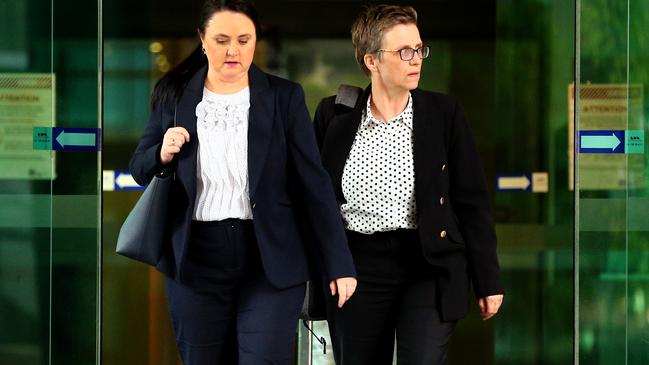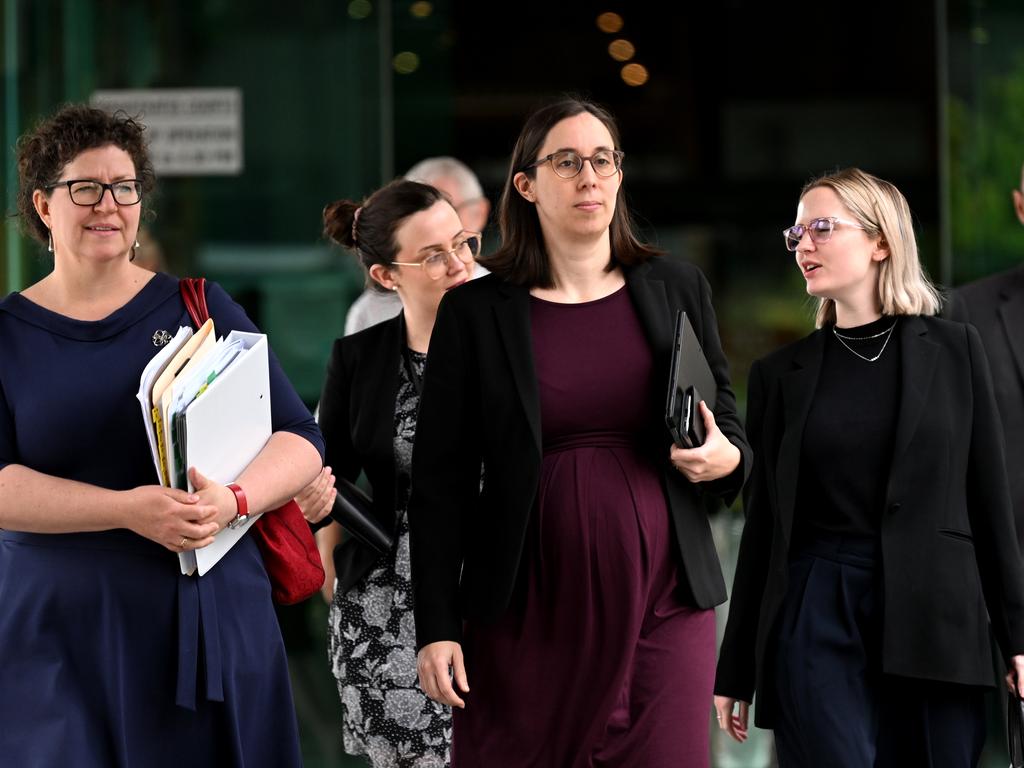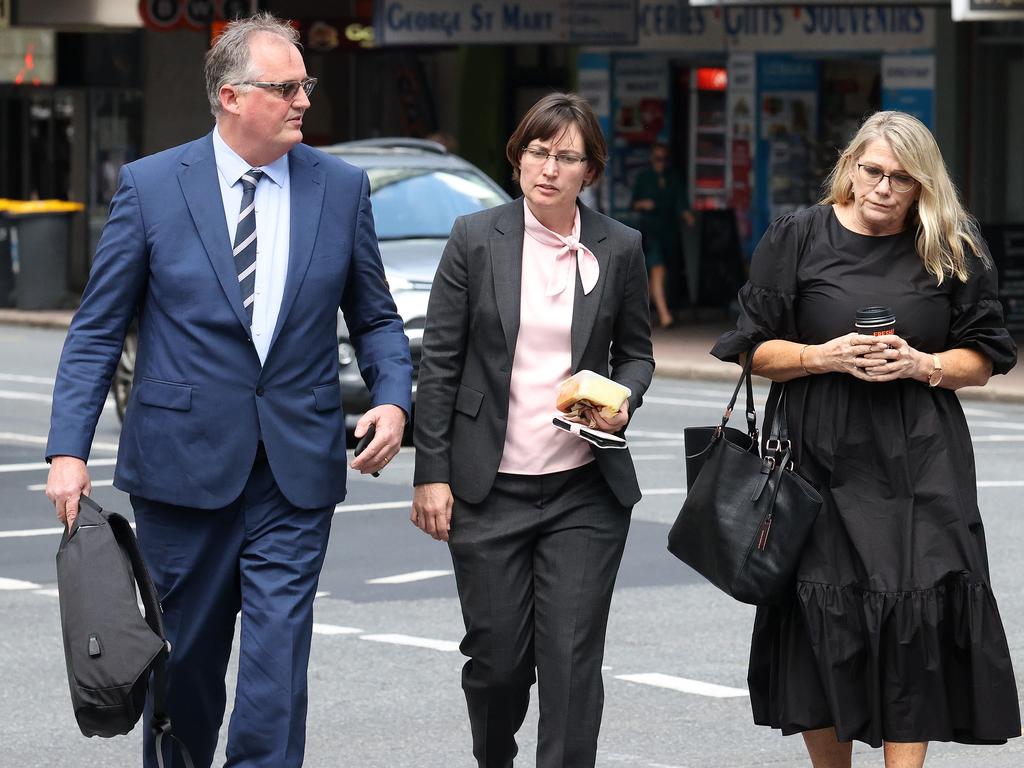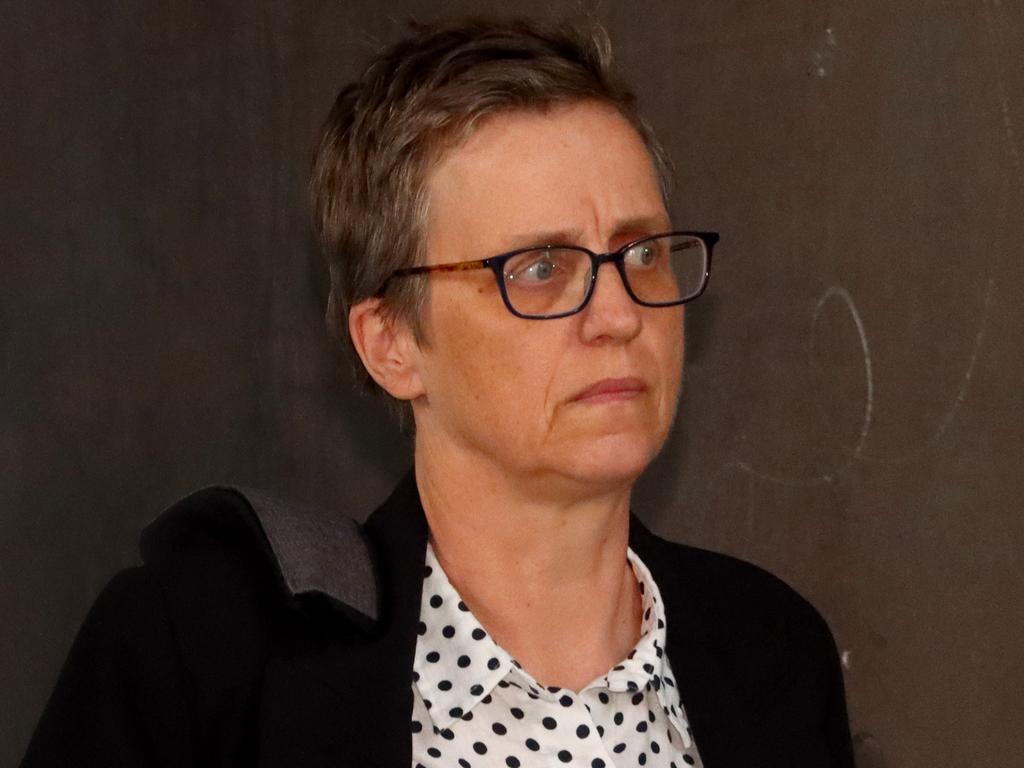Queensland DNA lab uses ‘inferior’ rape-test kits, inquiry hears
Queensland uses ‘significantly inferior’ equipment to other Australian states when collecting vital DNA evidence from rape victims, inquiry told.

Queensland uses “significantly inferior” equipment to other Australian states when collecting vital DNA evidence from rape victims during invasive and often re-traumatising medical examinations.
A public inquiry investigating collection and testing of Queensland crime-scene samples has heard rape kits used in the state risked DNA contamination and could “break” inside victims.
In Queensland, rape kits used to collect evidence left on victims bodies in the hours after an attack “do not contain enough swabs, are not DNA-free, have wooden stems and do not contain a DNA decontamination kit”, counsel assisting Josh Jones said.
The swabs arrive at hospitals in unsealed plastic bags, and doctors have sent “deeply concerning” photos to the inquiry of unused kits with foreign hairs stuck underneath labels.
Associate Professor Kathy Kramer, a forensic sexual assault expert at the University of NSW, warned the wooden-stemmed swabs used in Queensland could snap inside of victims and plastic stems should be used instead.
“I worry a good deal about having a wooden swab when you are inserting it into something like a rectum or a vagina,” she told the inquiry on Tuesday.
“Although it is not very likely it will break, if it does break, it is going to have sharp edges and if you were to perforate the rectum, you are leaking faecal material into the abdomen and that is a life-threatening situation.”
In June, a separate review led by former Court of Appeal president Margaret McMurdo found that sexual-assault investigation kits used in Queensland “were of significantly inferior quality to those used in other states and territories” and could risk contaminating results. “Queensland should cease using inferior kits and procure best-standard investigation kits in line with those used in NSW and Victoria as a matter of urgency,” Ms McMurdo recommended.
Premier Annastacia Palaszczuk’s cabinet is yet to consider the report, four months after receiving it. Ms McMurdo also delivered a scathing assessment of the way Queensland Health delivers forensic services, and recommended more doctors and nurses be hired and trained to ensure statewide access to care.
Her inquiry found sexual-assault victims, including children, had been turned away from regional hospitals because there were no medical staff available to conduct forensic medical exams and large hospitals had kept patients waiting for up to 12 hours.
Many victims are required to sit for hours in cold, isolated rooms, with no food, water or clean clothing.
Professor Kramer told the DNA inquiry on Tuesday training offered to doctors and nurses in Queensland “does not enable the collection of high-quality samples for forensic DNA testing”.
“Patients deserve better than that,” she said.
Professor Kramer said NSW was able to dramatically increase the number of health staff able to conduct forensic exams about a decade ago because of “political willpower” and more funding.
Queensland Health has trained about 60 extra nurses to conduct rape kits since 2019 and invested an extra $1.39m.
The inquiry is also probing how cultural issues at the health department’s DNA lab affected a series of forensic failures dating back to 2008. Therese O’Connor, who gave HR support to the forensics lab until 2019, told the inquiry on Tuesday that a number of scientists were “fearful” of managing scientist Cathie Allen and were afraid to voice concern about testing problems.
“It would be what we would describe as a toxic workplace,” Ms O’Connor said.
“It is a very unhappy, very stressful, dysfunctional workplace.
“They may be good with the science or the expertise that they do, but actually working together and the management of issues was never appropriate, timely.”







